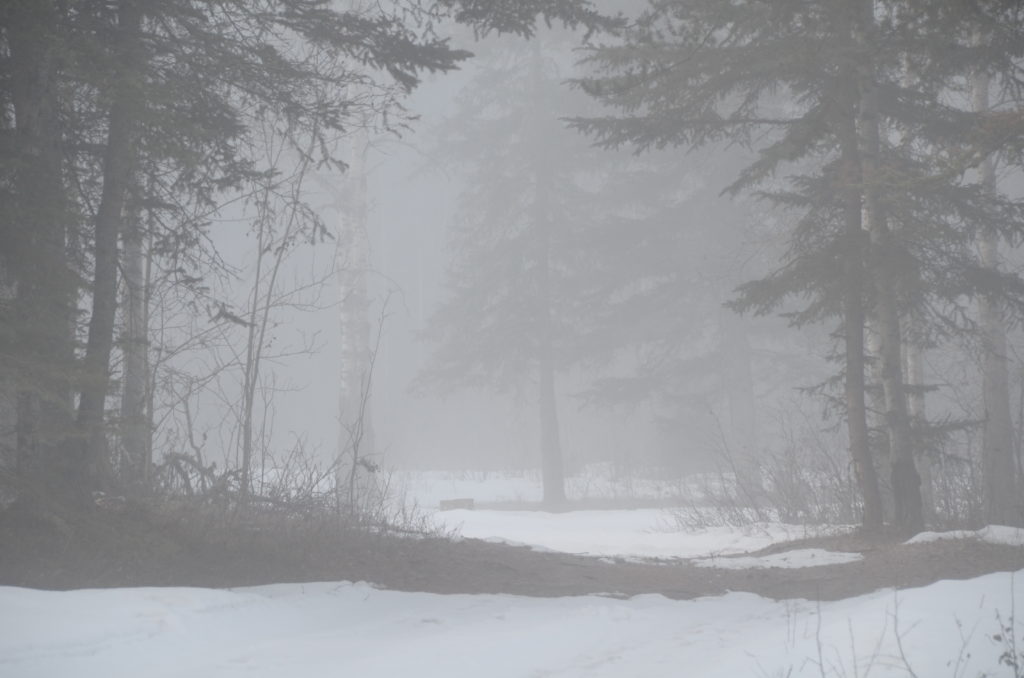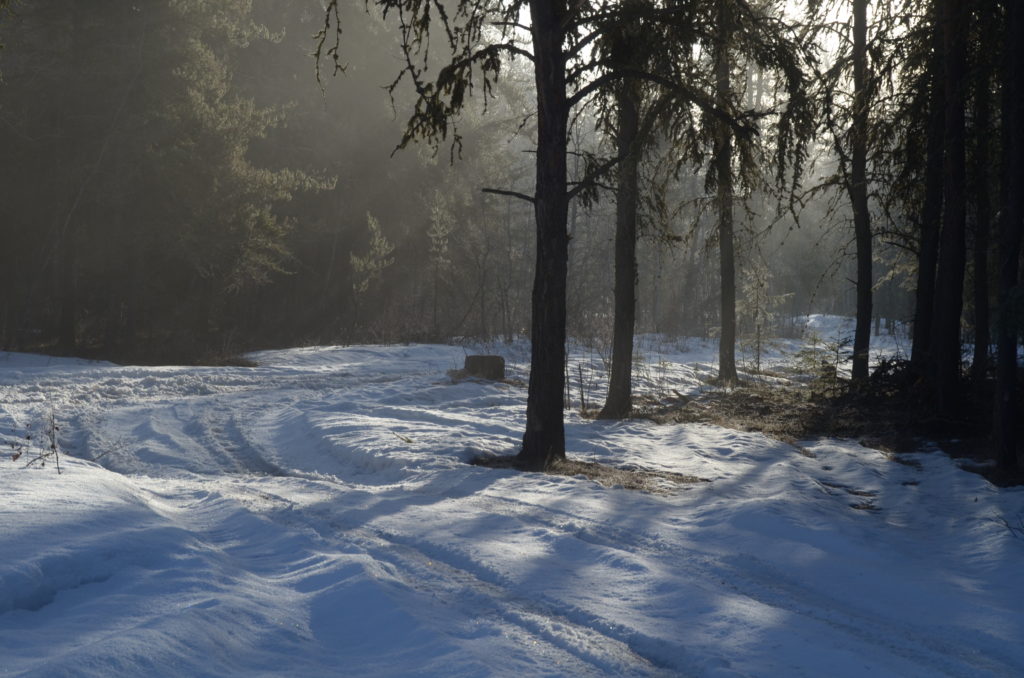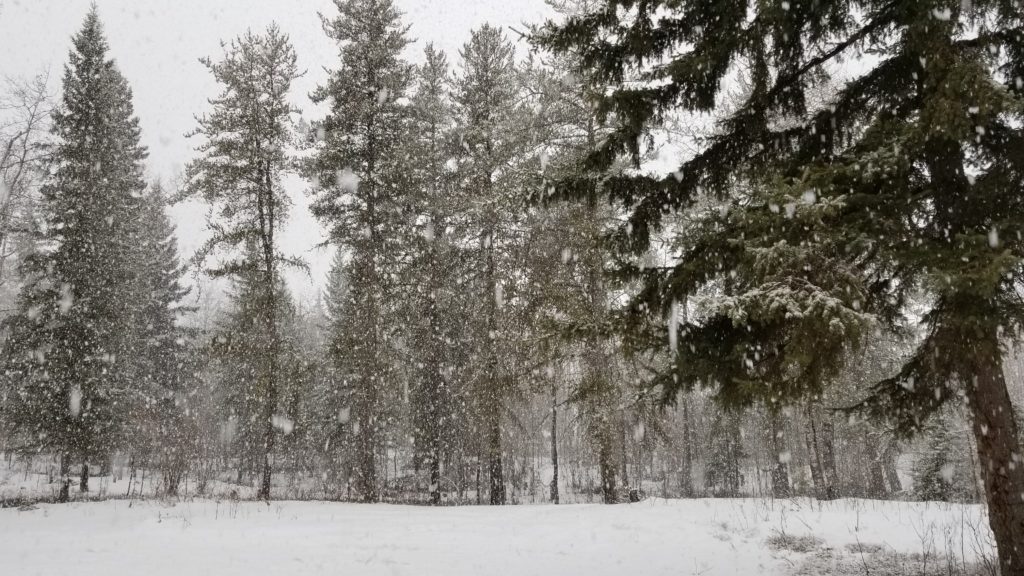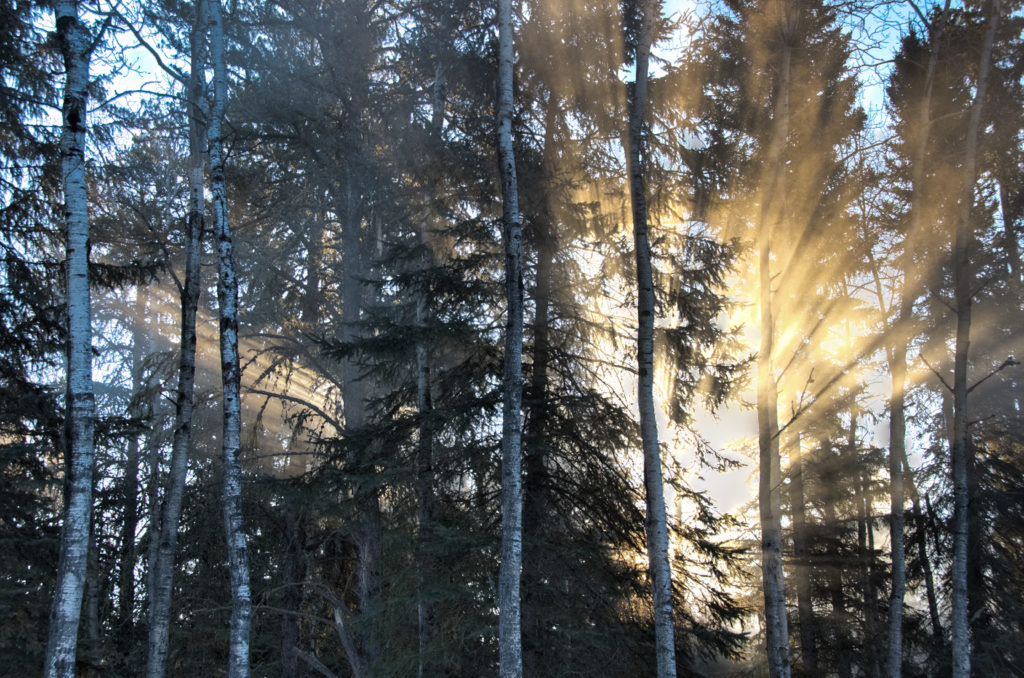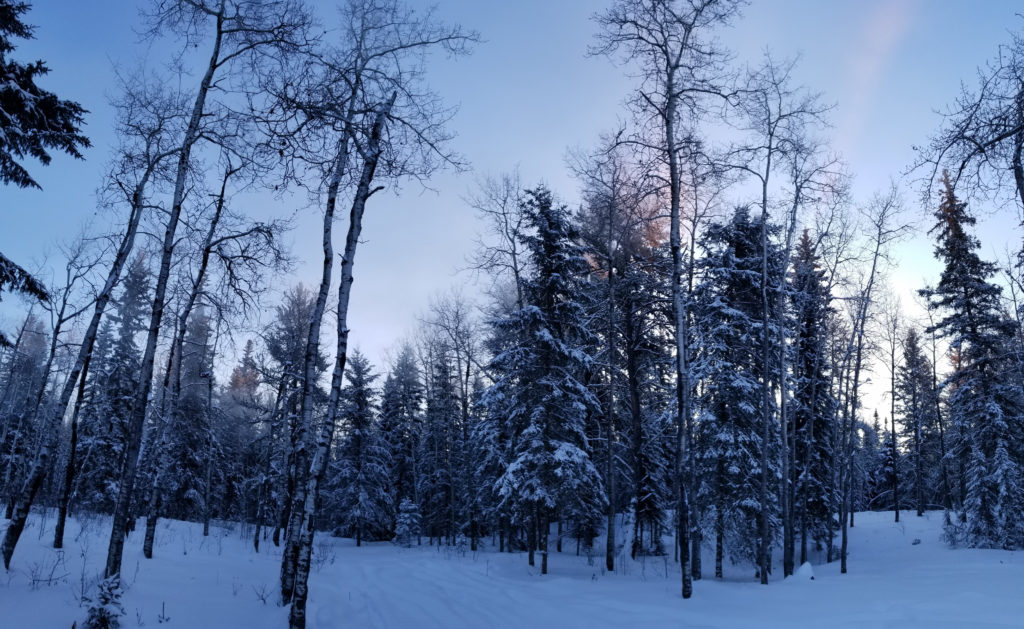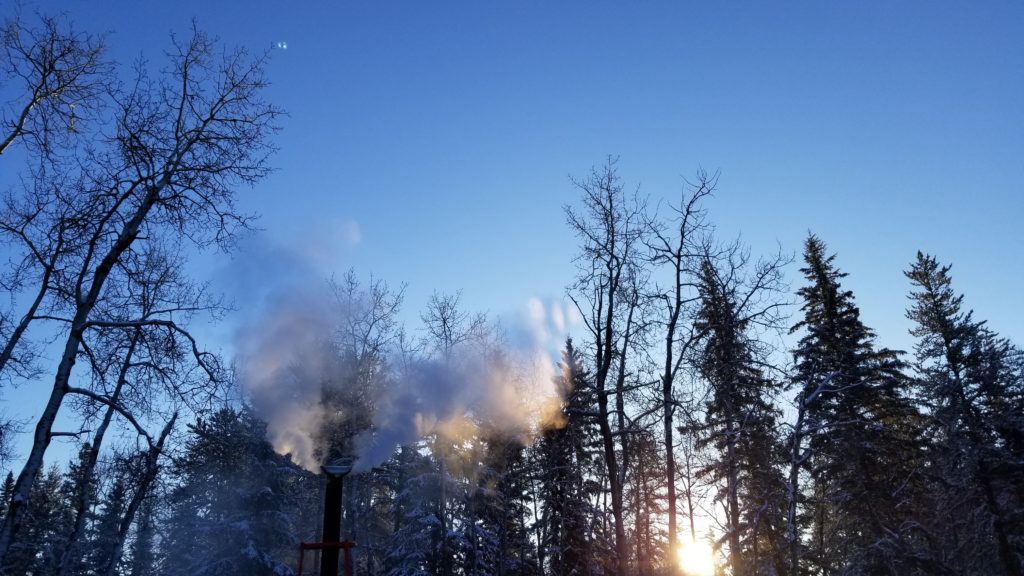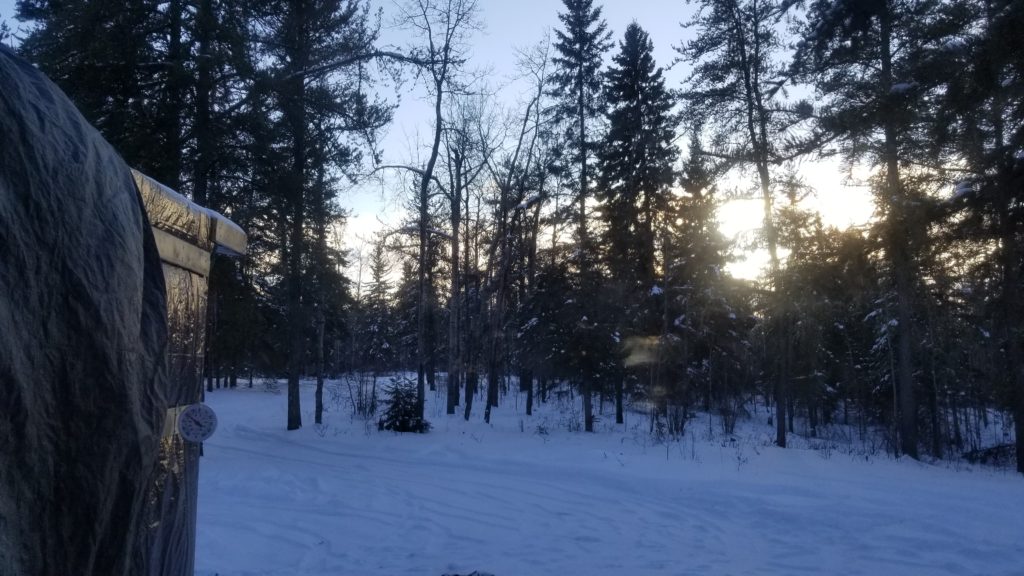Easter Morning Late

This wondrous morning we remember God’s victorious response to death’s three day claim on Jesus. We remember Jesus’ resurrection. And we hope for God’s resurrection response to all claims evil has on us and on all people.
Proclamation
With this profound hope we proclaim together three times:
Jesus Christ is Risen!
Christ is risen indeed!
The Darkness Before
This past Holy Week we have remembered Jesus’ story, from his triumphant procession into Jerusalem, to his last meal with his disciples as he gave us the New Covenant,
to his arrest, his disciples deserting him, and the questioning, … to the crowds scapegoating and condemning him, his flogging, and Peter’s denials, … to the soldiers mocking and torturing him.
Finally we remembered how Jesus died sooner than expected, nailed to a cross … abandoned even by God. His followers scattered and hiding, filled with fear for their lives.
We remembered how they buried him in a rock tomb.
Because the darkness, portrayed in the last week of Jesus’ life on earth, is so deep, embracing everything, and so unbearably deadly, the next part of Jesus’ story is so much more than we can ever expect or comprehend, yet alone completely remember.
Every time we encounter it, we see how much more Jesus’ story is. The Light of Christ outshines such depths of darkness that we are dumbfounded, astounded and awestruck, …
if we listen carefully.
The Light
God did not just step in to defeat the death of Jesus. After all Jesus is not the first to come back from the dead. Lazarus steps out of his tomb with grave clothes still covering him. Jesus calls out Talitha cumi, and the young girl walks away from her death bed.
Jesus story is more than one resurrection
Jesus’ story is more than one more resurrection. With Jesus’ resurrection it’s all evil, all death defeated.
Home Run
Jesus’ story is not just standing at home plate and hitting a home run out of the stadium. It’s standing at the plate, in the bottom of the thirteenth inning, with a full count, down three runs, bases loaded, with all your pitchers used up. You’ve been put up there to bat in desperation by the manager. You are mostly recovered from a chemotherapy treatment three days ago and from surgery on your left shoulder last month. You’re no spring chicken at 65 years old. You will never be here again, ever, even if you beat cancer. There’s is no way you should be here. You just came back to visit the team on the bench.
Then you hit a home run to the utter astonishment of everyone and to the great benefit of a home city desperate for a team that would finally win.
Remember
Remember what Jesus has taught us, just as Jesus taught his first disciples. Remember Jesus’ story. It is also our story, or rather we each have a variation of that as our own story.
Every time we listen carefully we will be astounded and amazed at how God acts out God’s will with love and forgiveness, Grace and mercy, sacrifice and humility for us, and for all people, even our enemies.
What’s Next?
So what’s next for us?
It is easy to come to Easter worship, to be astounded by Jesus’ story and to bask in the music and words and movements of our celebration of life in the worship service and at breakfast. It’s easier yet to then once again walk back out into the world that keeps us occupied, forgetting what amazing things we’ve heard and seen. Who would believe us anyway if we told them someone came back from the dead to share God’s Word with us?
Isaiah’s New Heavens and New Earth
In the OT lesson from Isaiah for this morning, Isaiah speaks God’s words of promise to the exiles in Babylon. They’ve lost everything and been carted thousands of miles from home to be servants in a foreign land ruled by some not so nice people. They are not only servants, but they have years ago forgotten so much.
God creates new
God’s Word comes, not to fix things up, but to create a new heaven and a new earth. God’s words create, just as at the beginning of time. In the new creation we will no longer be God’s wayward people. Instead we will get to remain at home, cry to the Lord in joy and be a delight to God.
It is a Shalom vision of the Kingdom of God: there will be no weeping, no cries of distress.
New creation ends all suffering and need
In this world of Shalom, of God’s Peace, there is no homelessness, no hunger, no conflict or climate-change-displaced refugees. There are no untimely deaths, no violence or destruction or stolen lunches or unrewarded labour.
Even the dog-eat-dog order of the food chain will end. Predators and prey will live together in peace.
God’s new work in Jesus even more: perfect
Yet this vision in Isaiah is nothing compared to God’s work made clear in Jesus’ story that we have reflected upon this Lent and Holy Week.
In truth all things in God’s new creation will be re-created perfect.
Now we have only a foretaste of this new creation, a promise made in Jesus’ story.
Luke: Healing
Luke’s Gospel emphasizes that Jesus came to heal people, and with his death and resurrection to heal all creation.
As humans we often need healing. We often seek help and sometimes what ails us is dealt with. Even less frequently we even see that we are cured. When it comes to the wholeness of creation and our spirits we seem to be lost.
The brokenness of creation is more than we imagine. Our brokenness is more than we can imagine. The healing we need is so much more than we can imagine.
Healing, more than duct tape
It used to be that a good farmer could fix anything except the economy with bailing wire and pliers. Now days we use duct tape and plastic ties.
Which works out just fine until your life depends on the repair.
It’s like carabiners. There are so many kinds available today. I can get two for $1.25. And they work as key chains just fine. Until they do not, and my keys went missing because the cheap, carabiner I hung my keys on did not stay closed. Whoosh, click or slip and the key was goners. So now I use duct tape to hold the carabiner closed.
The fix when our lives depend on it
Which works just fine. But it would not be the fix needed if I were mountain climbing and hanging all my weight plus the stress of the wind blowing against me on that carabiner, tied by a rope into the rock face.
That kind of a carabiner cannot be a two-for-$1.25 purchase. For all the things we might be pleased to repair with duct tape and plastic ties, God asks so much more of us when it comes to our part in the new creation.
When we go through life, expecting that God just uses duct tape and plastic ties to heal creation, we miss out on the marvellous mystery, the eye-popping wonder, and the awe-filled power God uses to create a new heaven and earth for us, in us, and among us.
Sending
After Jesus’ resurrection, God sends us out to share the good news, to voice the prayers of compassion with those who suffer, and to be the hands of Christ that deliver the new creation to all people.
When we listen carefully, do diligently, remember remarkably, we will hear and see Jesus working in ways we hardly understand at first. We will be floored by the amazing tales Jesus has in mind for us to hear and even see for ourselves.
We ask that the Holy Spirit will help us watch carefully, listen intently, and pray fervently, that God’s new creation may come among also us. But most of all we ask that the Holy Spirit help us as we get ready to be bowled over. It not a small fix or even a big fix with duct tape. God creates a new world, a new universe, and even a new you and new me.
We need the Holy Spirit to help us through it.
Ready or not, the Holy Spirit will put us up to bat, with the bases load, in the bottom of the ninth, with the team needing us to hit a home run, and the world needing it even more.
Breath deeply and slowly. Keep your eye on the ball. Don’t forget ….
Christ is Risen!
And that’s just the start of God’s new creation.
God is about to use each of us in ways we could not dream of.

